Wisconsin Boating License: Essential Guide for Obtaining Yours
Wisconsin, known for its beautiful lakes and rivers, is a popular destination for boating enthusiasts. Before you head out on the water, it's essential to understand the requirements for obtaining a boating license in the state. Boating in Wisconsin involves various factors, including the types of vessels, boater's education and certification, and navigation rules.
The Wisconsin Department of Natural Resources (DNR) emphasizes boating safety and education as a crucial aspect of enjoying the state's waterways. To operate a boat legally, most individuals must complete a boat safety course and obtain a boating safety certificate. This process ensures that everyone on the water understands the laws and can navigate their vessels responsibly.

Non-residents and visiting boat owners can also enjoy Wisconsin's waterways, provided they meet specific requirements and follow the state's boating rules. Familiarizing yourself with Wisconsin boating laws and regulations will make your boating experience safer, more enjoyable, and more respectful towards the environment and other users of the state's water resources.
Key Takeaways
- Acquiring a Wisconsin boating license involves completing a safety course and obtaining a certificate.
- Visitors to Wisconsin can boat on its waterways if they adhere to state laws and regulations.
- A focus on safety and education ensures a better overall experience for all boaters in the state.
Understanding Boating in Wisconsin
Watercraft in Wisconsin
Wisconsin offers a wide variety of water-based outdoor activities, including boating, which is popular throughout the state. The term "boat" or "vessel" includes motorboats, sailboats, jet skis, pontoons, canoes, kayaks, and other watercraft used or capable of being used as a means of transportation on water1. The pristine waters of Wisconsin provide ample opportunities for boaters to engage in recreational activities while enjoying the state's natural beauty.

The State Laws and Regulations
When it comes to boating, Wisconsin has established state laws and regulations to ensure the safety of both boaters and the environment2. According to Wisconsin state law, no person may operate, and no owner may give permission for the operation of, any boat on the waters of this state unless the boat is covered by a certificate of number, a registration certificate, registration expiration decals, and if the vessel is a motorized boat or sailboat 16 feet or greater, a Wisconsin DNR issued registration is required3.
Additionally, Wisconsin does not have an actual boating license system, but certain individuals operating specific boats require a Boating Safety Certification4. Familiarizing oneself with the various Wisconsin boating laws and regulations is crucial to ensure a safe and enjoyable experience on the water.
A comprehensive resource to learn about Wisconsin's boating regulations is the WI Boating License Handbook for Online Boater Safety Course, which covers essential topics like vessel basics, registration requirements, and safety information. Remember, safety on Wisconsin waterways is the responsibility of all boaters, so being informed and prepared is essential.
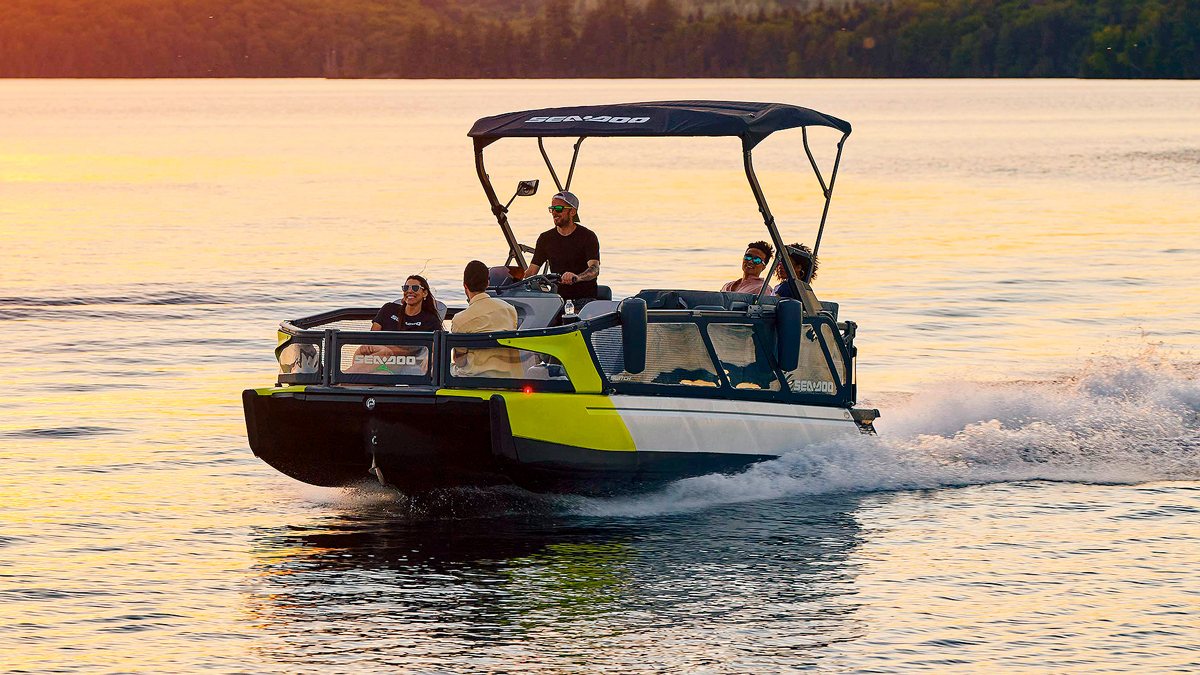
Types of Vessels
Motorized Boat Requirements
In Wisconsin, motorized boats include various types of vessels such as motorboats, sailboats (16 feet or greater), pontoon boats, and jet skis. According to the Wisconsin Department of Natural Resources, these watercraft are required to have a valid registration, a registration certificate, and registration expiration decals. Additionally, motorized boats and sailboats 16 feet or longer must have a Wisconsin title.
Motorboat operators are subject to certain rules and regulations. For instance, Wisconsin state law mandates that boaters must possess and display their registration documentation when asked by enforcement officers. Moreover, those looking to operate motorboats in Wisconsin need to have a valid boating license.

Personal Watercraft Rules
Personal watercraft (PWC) include vessels such as jet skis, wave runners, and other similar devices. To operate a PWC in Wisconsin, the operator must adhere to specific requirements. Like motorized boats, PWCs also need to be registered and display registration decals.
PWC operators under the age of 16 are not allowed to operate a PWC, even if they have completed a boater safety course. Furthermore, all PWC occupants must wear a US Coast Guard-approved life jacket while on the water.
Non-motorized boats, such as canoes, kayaks, or sailboats under 12 feet in length, are exempt from registration requirements in Wisconsin. However, it is strongly recommended that all boaters practice safety measures while on the water, regardless of the type of vessel they are operating.
By following these requirements and guidelines, Wisconsin boating enthusiasts can help ensure a safe and enjoyable experience on the water.

Wisconsin Boater's Education and Certification
Wisconsin has regulations in place to ensure safe and enjoyable boating experiences for its residents and visitors. Acquiring a Wisconsin Boating Safety Certification is required for those born on or after January 1, 1989, to legally operate a motorboat or personal watercraft (PWC) in the state. To obtain this certification, boaters must complete an approved boating safety course and obtain a boater education card.
The education program consists of various education courses designed to teach the fundamentals of safe boating practices, navigation rules, and emergency procedures. The courses can be taken online or in-person, with online courses costing around $34.95 to $35.95 and traditional classroom courses having a fee of $10. Some online providers, like ilearntoboat, offer interactive courses priced at $54.95 where participants can learn and test their boating knowledge.
Upon successful completion of the safety course, participants can take the final exam with multiple attempts allowed. After passing the exam, boaters can print their certificate and apply for a Wisconsin Boater Education Card as a proof of their boating safety education. According to the law, a Wisconsin Boater Education Card is also recognized in other states, territories, and provinces, following the concept of "reciprocity."
For boaters who need a temporary solution, a temporary boating certificate is available through certain online courses. This allows them to operate a motorboat or PWC legally for a limited period until they obtain their permanent boater education card.
In summary, Wisconsin emphasizes the importance of boating safety education through mandatory boater's education courses for certain age groups. Enrolling in an approved course and obtaining a boater education card is essential for legal and responsible boating in the state.
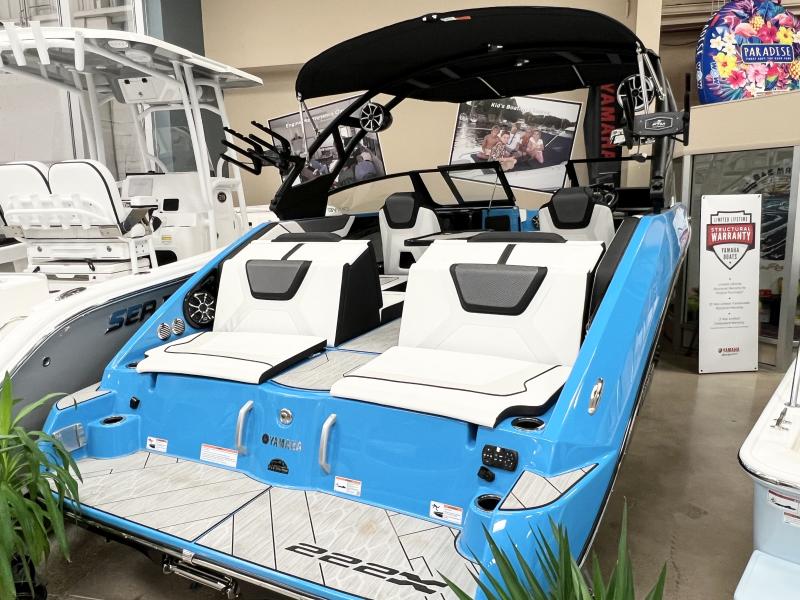
Registration Process
Process of Boat Registration
When registering a boat in Wisconsin, the first step is to obtain a Wisconsin DNR Customer ID number. This can be done through three methods:
- Online: Visit the WI DNR website and submit your information to obtain the Customer ID number electronically.
- By Telephone: Call 888-936-7463 from 7 a.m. to 10 p.m. to request an ID number with the help of a representative.
- In-person: Visit a local DNR Service Center and obtain an ID number in person.
Once the Wisconsin DNR Customer ID number is acquired, gather the necessary documents for boat registration. These include:
- A completed Boat Registration and Titling Application (Form 9400-193)
- A document to prove ownership of the vessel, such as:
- Manufacturer's Certificate of Origin (new boats)
- Properly-assigned certificate of title (used, previously titled boats)
- Vessel registration card (used boats exempt from titling)
After submitting the application and required documents, a boat title will be issued alongside the boat registration. In case a boat title is lost or damaged, a duplicate can be requested by completing the application for duplicate boat title and submitting it with the required fee.
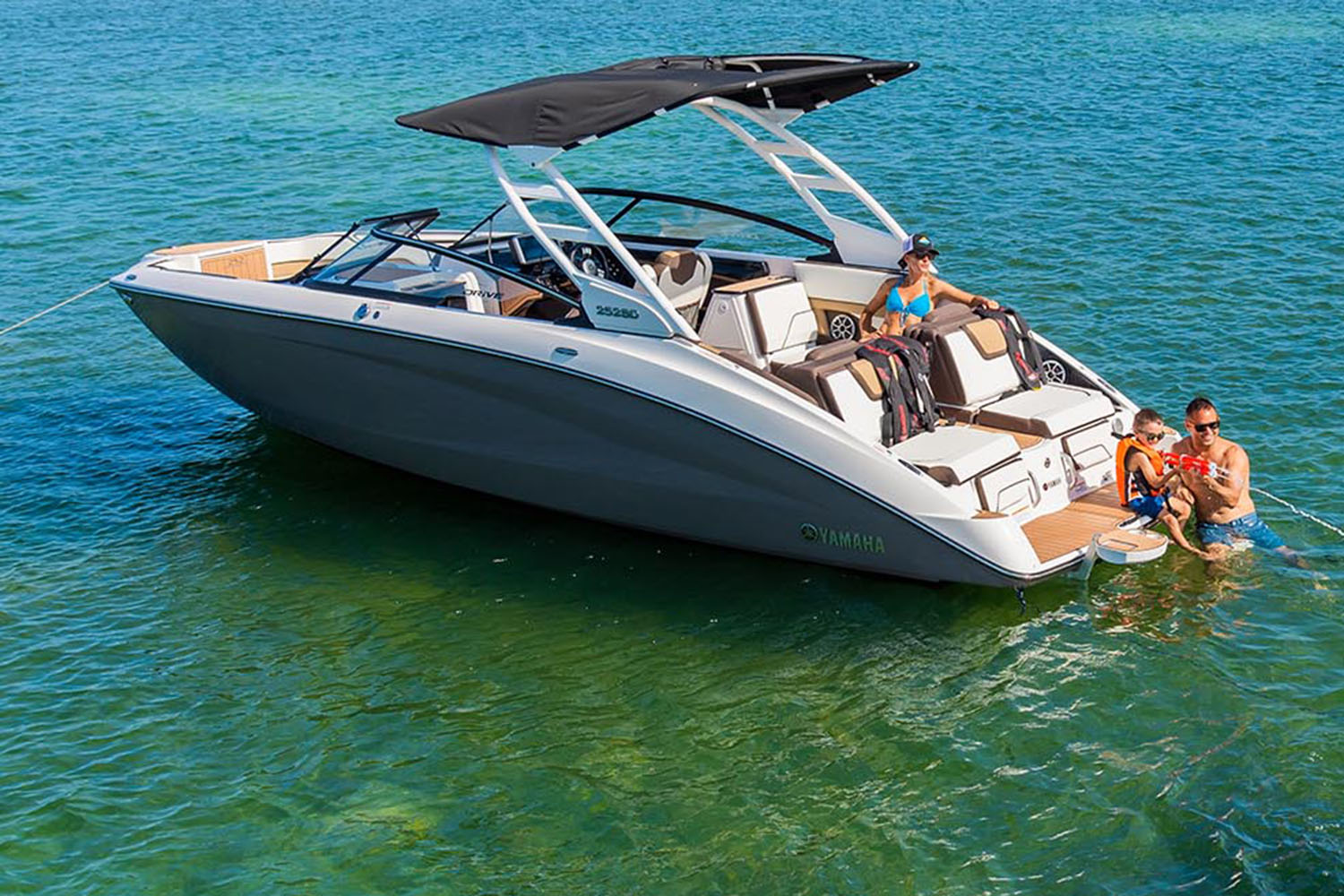
For renewing boat registration, there are a few options. One convenient method is to renew online through the GoWILD portal. To complete the renewal, the boat's registration number or Registration Renewal Number (RRN) found on the renewal reminder postcard sent in the mail will be needed.
Following these steps ensures that your boat is properly registered and compliant with Wisconsin state laws, allowing you to enjoy your time on the water with complete confidence and peace of mind.
Boating Rules and Navigation
Understanding Navigation Rules
Navigating Wisconsin's waters requires boaters to follow specific navigation rules to ensure safety and prevent accidents. These rules apply to every watercraft, from motorboats to sailboats and even personal watercraft like jet skis. Boaters must maintain a proper lookout, operate at safe speeds, and follow the "rules of the road" to avoid collisions.
Some key aspects of Wisconsin's navigation rules include maintaining a safe distance from other vessels, adhering to directional buoy markings, and displaying required lights during nighttime or periods of reduced visibility. It is essential to familiarize yourself with these rules before operating a boat to promote safety and avoid any legal issues.

Enforcement and Operator Restrictions
In Wisconsin, boat operators must comply with various restrictions to ensure a safe boating environment. For non-residents, a boat may be operated for up to 60 consecutive days without requiring registration or a certificate of number. However, a boat owned and operated by a resident must have proper registration, certificates, and expiration decals.
Operator restrictions are also in place to safeguard inexperienced boaters. For instance, certain age requirements and boater education courses may apply depending on the type of watercraft. Enforcement officers, such as conservation wardens or local law enforcement, are responsible for ensuring that boaters comply with the established navigation and operator restrictions, and these officers have the authority to carry out safety inspections and issue citations for violations.
By understanding and adhering to Wisconsin's boating rules and navigation guidelines, as well as being aware of operator restrictions, boaters can enjoy a safe and responsible experience on the state's abundant water resources.
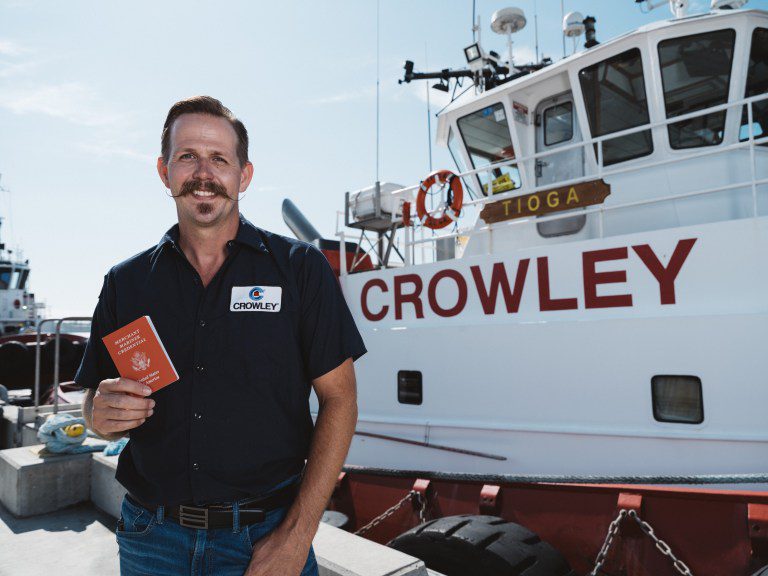
Reciprocity and Non-residents
Boating for Non-residents
Non-residents who would like to bring their boat to Wisconsin should be aware of specific regulations applicable for their situation. One important aspect to consider is reciprocity. Reciprocity allows boaters to use their valid boating licenses from another state while operating in Wisconsin, as long as the issuing state's requirements are in line with Wisconsin's standards.
For Canadian boaters, Wisconsin recognizes Canadian Pleasure Craft Operator Cards provided the card complies with Transport Canada's requirements. This means Canadian boaters with a valid operator card can enjoy boating in Wisconsin waters without having to acquire additional certification.
Non-residents should also note certain exemptions from registration requirements. For example, boats registered in another state and using Wisconsin waters for less than 60 consecutive days do not require registration unless they become residents.
Furthermore, it is crucial to understand the age restrictions and safety certifications for non-residents. Operators born on or after January 1, 1989, must have Wisconsin boating safety certification or an out-of-state equivalent to operate a boat in Wisconsin. This ensures that all boaters are familiar with state-specific regulations and adhere to safe boating practices.
In summary, non-residents can enjoy boating in Wisconsin waters by ensuring they meet all necessary requirements, including having a valid boating license from their home state or an equivalent certification that adheres to Wisconsin's standards. Additionally, they must comply with time limitations for using their registered boats and follow all local boating safety regulations.

Special Considerations for Boating
When operating a boat in Wisconsin, there are several factors to consider. One of these factors includes the length of the boat. Wisconsin state law requires that all motorized boats and sailboats 16 feet or greater must possess a registration certificate and adhere to other related regulations.
In addition to the length of the boat, parents should also be mindful of the rules applicable to young boaters. A boating license is necessary for both adults and minors in order to legally operate a motorized boat or personal watercraft (PWC), depending on the operator's age.
Moreover, boat insurance is another integral aspect when it comes to boating safety and liability. Although not explicitly mandatory by law, securing boat insurance can help shield boaters from financial losses in case of accidents or damages.
Prior to embarking on a boating adventure, it is crucial for boaters to complete the Wisconsin Boat Ed Course. This comprehensive course covers topics such as vessel basics and safety guidelines. It is designed to meet the National Association of State Boating Law Administrators (NASBLA) requirements, ensuring that boaters receive proper education and training.
To aid with navigation and safety, mobile-friendly boating apps such as Wavve Boating can be utilized. These apps can help boaters easily plan their routes and stay informed about water conditions and hazards while on the water.
Lastly, for those interested in water activities such as skiing, it is essential to be mindful of specific rules and regulations that apply. Practicing safe boating and following proper guidelines can greatly enhance the boating experience, while ensuring the safety of all passengers and other boaters on the water.
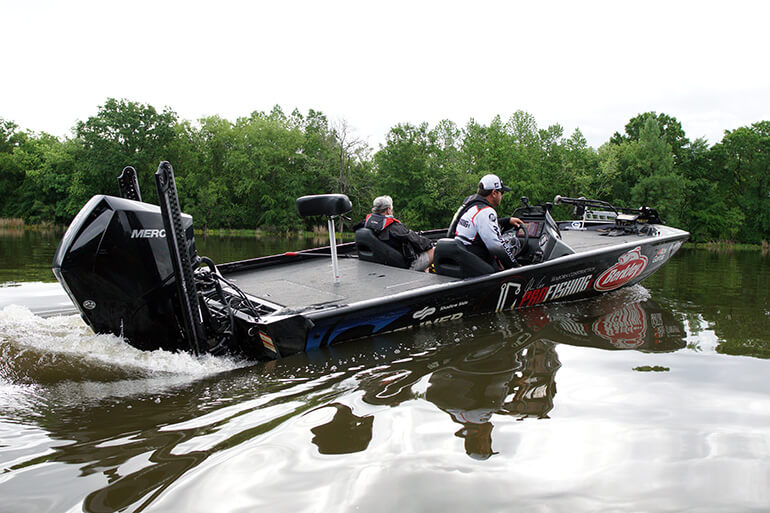
Frequently Asked Questions
What are the requirements for obtaining a Wisconsin boating license?
To obtain a Wisconsin boating license, you must complete a boating safety course that is accepted by the Wisconsin Department of Natural Resources. After completing the course, you will need to pass a final exam. Once you have successfully completed the course and exam, you will be issued a boating safety certificate which serves as your boating license in Wisconsin.
Is there an age limit for getting a Wisconsin boating license?
In Wisconsin, a person who was born on or after January 1, 1989, and who is 12 years of age or older may operate a motorboat if they have completed a boating safety course accepted by the Wisconsin Department of Natural Resources or are accompanied by a parent, legal guardian, or designated person in the motorboat.
Can I take the Wisconsin boating license course and test online?
Yes, you can take the Wisconsin boating license course and test online. There are online courses available that are approved by the Wisconsin Department of Natural Resources, which you can complete at your own pace. After completing the online course, you will need to pass a final exam to obtain your boating safety certificate.
How much does it cost to get a boating license in Wisconsin?
The cost of obtaining a Wisconsin boating license can vary depending on the course provider. Some online courses may charge a fee, while others may be free with the option to pay for additional study materials or exam attempts. Be sure to check the specific course you choose for pricing information.
What is the duration of the Wisconsin Boat Ed course?
The duration of the Wisconsin Boat Ed course can vary depending on the specific course you choose and the pace at which you complete the lessons. Some online courses are self-paced, meaning you can complete them at your own speed. Others may have a set schedule or more structured format. It is important to review the course information before enrolling to ensure it fits your learning preferences and schedule.
Are there any exemptions to needing a boater's license in Wisconsin?
There are some exemptions to needing a boater's license in Wisconsin. If you were born before January 1, 1989, you are not required to have a boating license. Additionally, as mentioned earlier, those under the age of 12 or born after January 1, 1989, are allowed to operate a motorboat if accompanied by a parent, legal guardian, or designated person in the motorboat without needing a boating license.
Footnotes
- https://dnr.wisconsin.gov/permits/registrations/boat ↩
- https://dnr.wisconsin.gov/topic/Boat ↩
- https://dnr.wisconsin.gov/permits/registrations/boat/BeforeYouOperate.html ↩
- https://lakewisconsinwatersports.com/2023/05/13/ultimate-guide-to-boating-on-lake-wisconsin-wisconsin-boat-license-rentals-laws-and-tips/ ↩
Meet Charlie Hardcastle, the undisputed king of the sea, and Editor-in-chief of Sea Magazine. Charlie's passion for boating runs deeper than a kraken's lair, and his years of experience on the water make him the ultimate boating guru. When it comes to boats, Charlie's knowledge is as vast as the ocean. He knows everything from the latest technology to the best locations for water enthusiasts. But Charlie's expertise isn't just limited to boating mechanics and history. He's also a marketing whiz, with a keen understanding of how the industry is adapting to changing consumer preferences. He knows how to effectively reach new audiences, whether they're looking for a luxury yacht or a modest pontoon boat. In short, Charlie is the complete package, a one-stop-shop for all things boating. So if you're looking to learn about the latest technology, marketing strategies, or just want to hear some epic sea tales, Charlie Hardcastle is your guy.